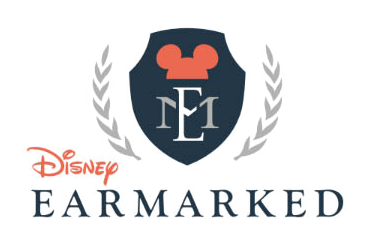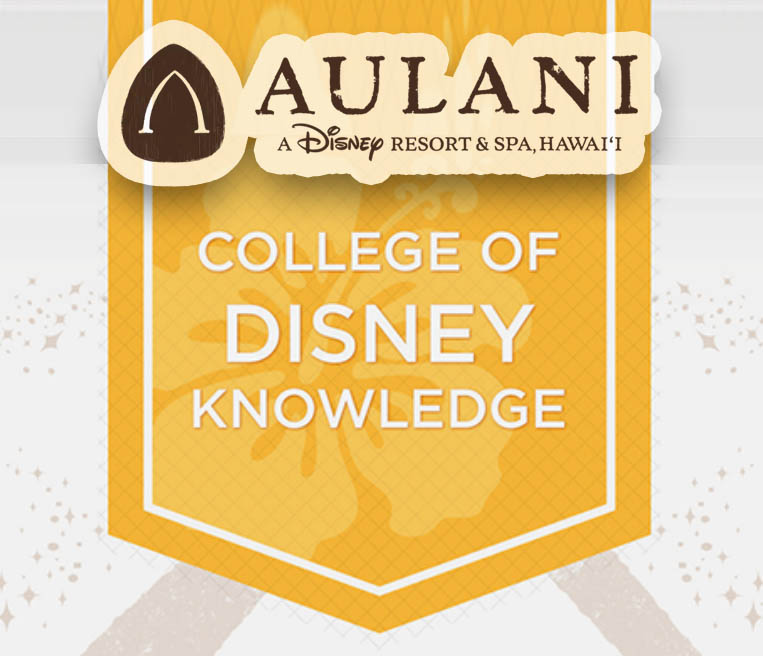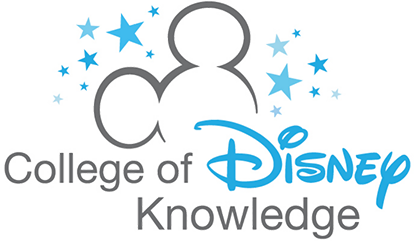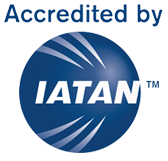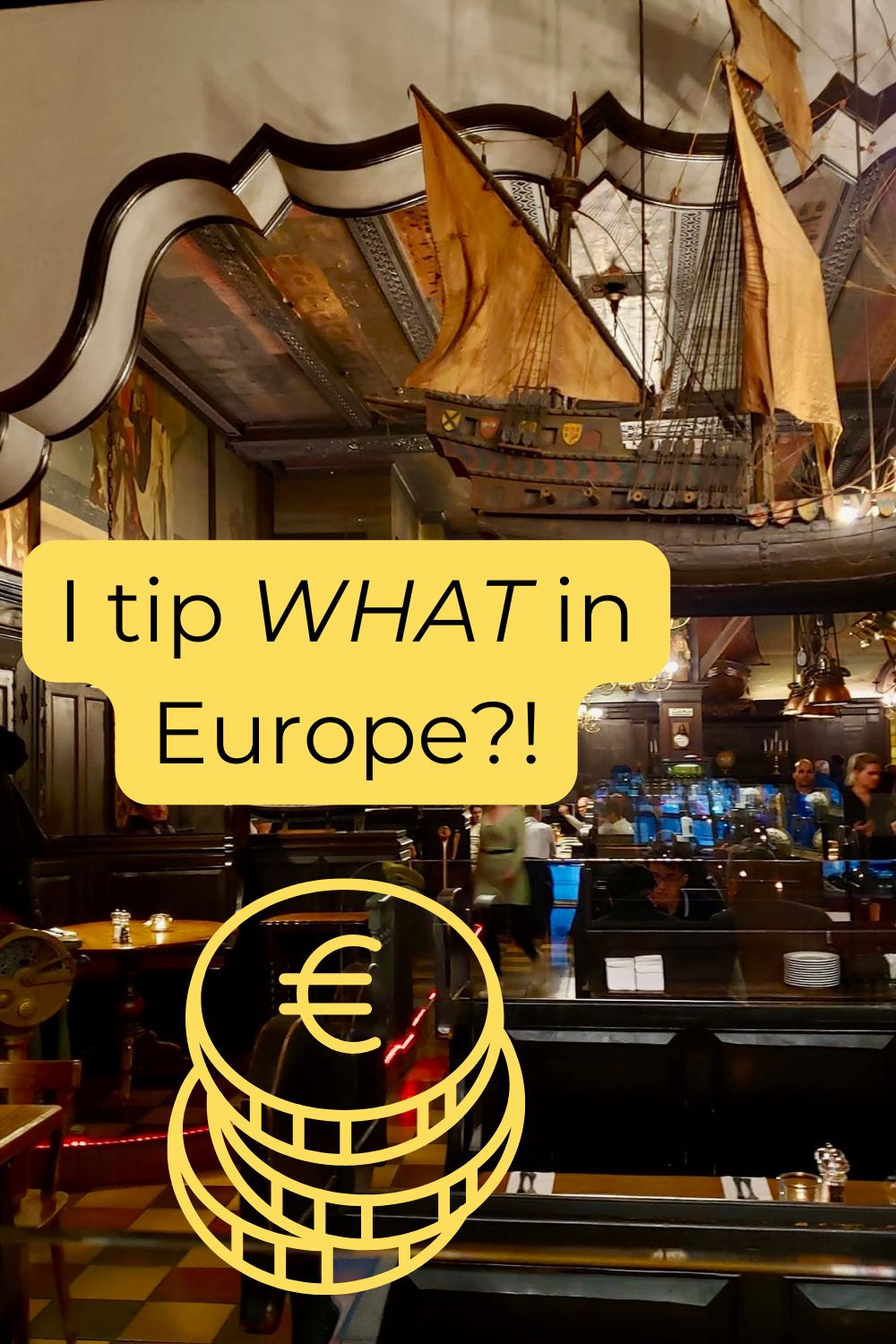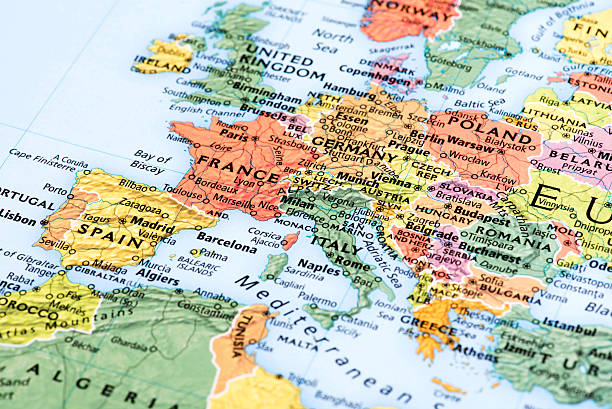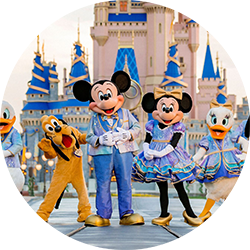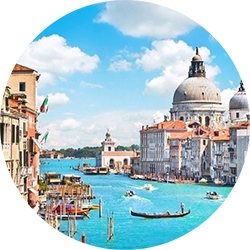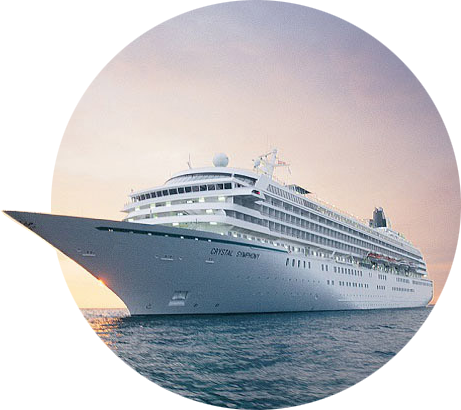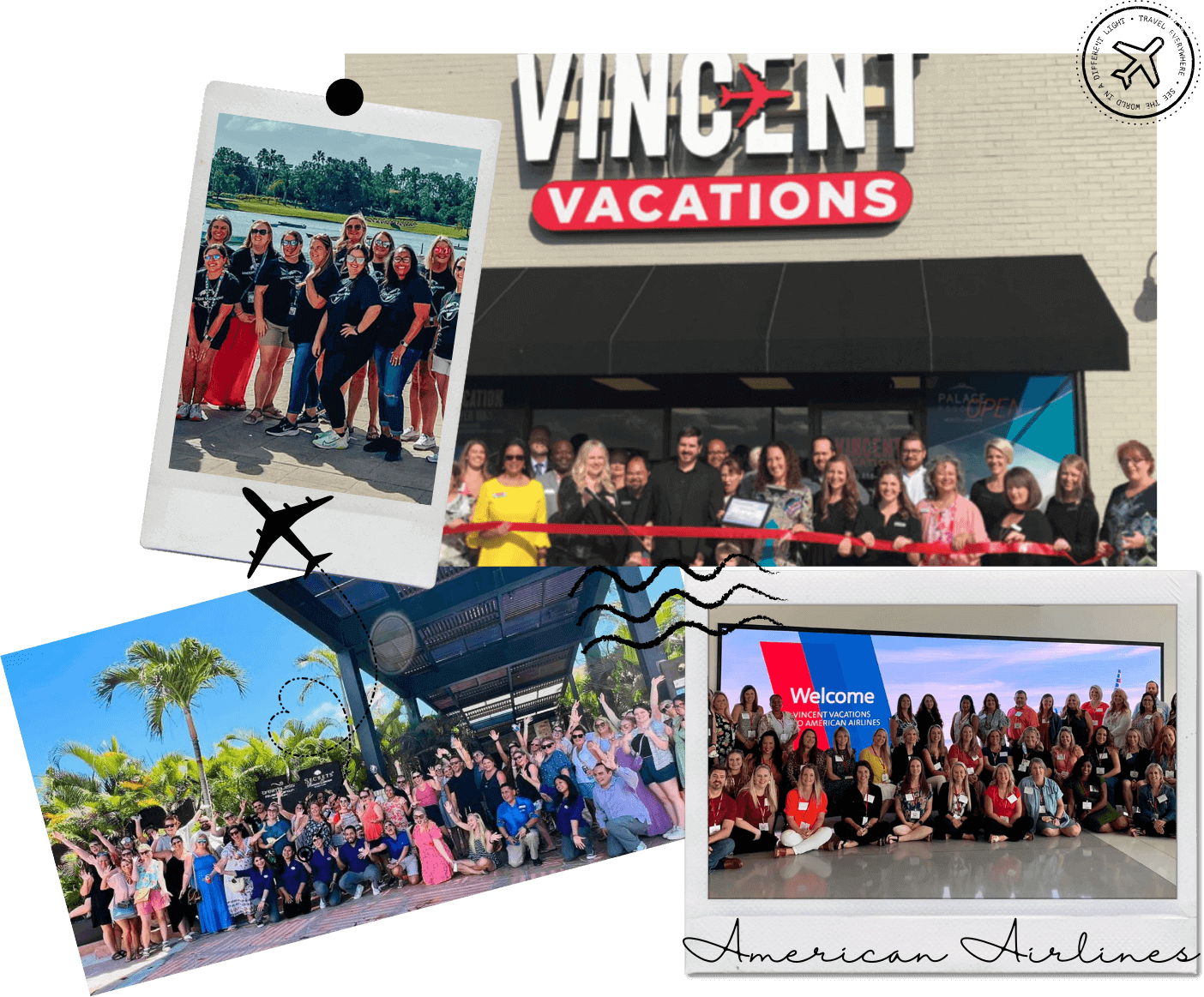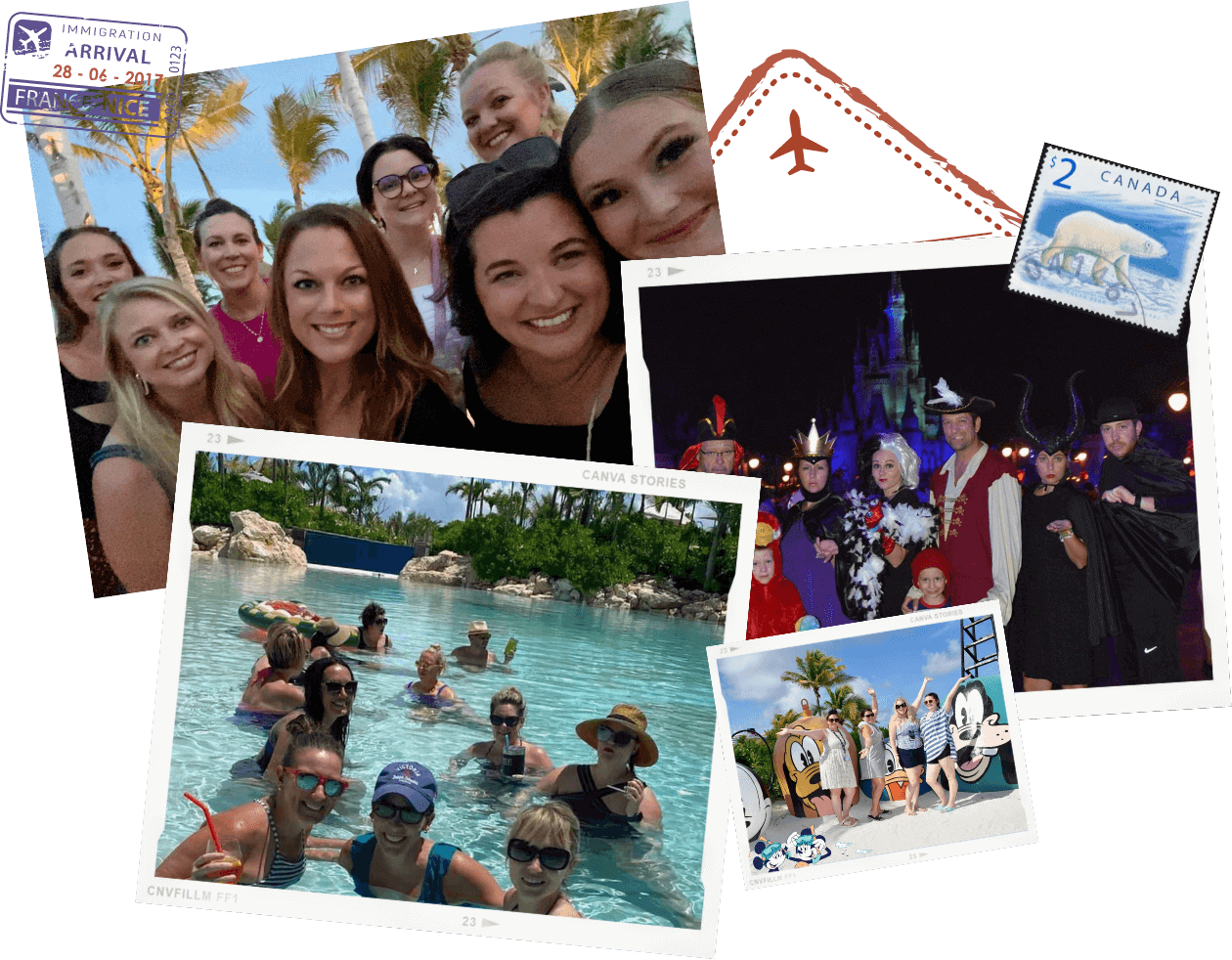For most visitors to the Czech Republic, all roads lead no farther than Prague—the country's most westernized, cosmopolitan city, known for its wondrous charm and stunning beauty. Less than 10% of tourists to the Czech Republic explore the country outside of the capital.
But if you really wish to discover the richness of this immensely cultured nation, venture beyond Prague. The magnificent, undulating landscape consists of mountains, upland plains, forests and farmland. Thanks to the fact that the country was spared widespread destruction during World War II, many of its cities and towns are a visual feast of medieval, baroque and art-nouveau architecture and sculpture. Bohemian spa towns and sleepy Moravian wine villages have a historical integrity and welcoming atmosphere that give visitors the feeling of being immersed in an open-air museum. The country also boasts more than 100 castles—from craggy fortresses to more refined, aristocratic chateaus.
Venturing off the beaten path doesn't mean leaving comfort and service behind. The number and quality of restaurants and hotels throughout the country is very good. And with the help of local tourist offices, the task of arranging accommodations or gathering information about local sites is easy to accomplish.
Geography
The Czech Republic is internally divided into two geographic and cultural areas called Bohemia, whose capital is Prague, and Moravia, whose capital is Brno.
Bordered by Poland, Germany and Austria, Bohemia lies to the west and is split by the province's primary river, the Vltava. Bohemia is characterized by low, rolling hills and farmland, but on its foreign borders it is almost entirely surrounded by mountain ranges. The rolling hills and thick forests in southern Bohemia, dotted with fairy-tale castles, typify the bucolic charm visitors imagine when they think of the area, and natural hot springs have made western Bohemia an internationally known spa destination. Northern Bohemia's mountains are studded by dramatic sandstone rock formations, canyons and caves.
Moravia, situated to the east, is bordered by Poland, Austria and Slovakia. Split by the Morava River, it is known for its highland areas and lower mountains. The fertile hillsides in southern Moravia are covered with orchards and the vineyards that have made this region synonymous with wine-making. The limestone caves of the area are spectacular.
History
Since the Middle Ages, the region that is now the Czech Republic has been a major political and cultural force in the Great Moravian Empire, the Holy Roman Empire and the Austro-Hungarian Empire. Partly as a reaction to the overbearing Hapsburg influence of the Austro-Hungarian Empire, a Czech nationalist movement emerged in the mid-1800s. It fostered new pride in Czech culture, history and language.
A Czech democracy was a tantalizing ideal through much of the 20th century. After the collapse of the Austro-Hungarian Empire at the end of World War I, an independent, democratic Czechoslovak Republic was formed, but it was doomed by events over the next two decades. The 1938 Munich Agreement gave the Czech Sudentenland (located on the border with Germany) to Germany, and in 1939, the Nazis occupied all of Czechoslovakia. Independence was restored at the end of World War II with Germany's defeat, but the country quickly fell under the dominance of the Soviet Union. In the mid-1960s, Czech communists experimented with a unique Czechoslovak socialist model that grew to be named "Prague Spring." The movement was crushed by a Soviet military invasion in August 1968, ushering in one of the most oppressive and hard-line regimes in eastern Europe.
Resistance continued, and dissidents rallied to speak out against oppression. With Mikhail Gorbachev's rise to power in the Soviet Union in the late 1980s, his perestroika policy opened the door to reform and loosened the hold of the Communist hard-liners. In 1989, mass demonstrations shook the government and finally brought about its collapse in what was called the Velvet Revolution. The 1989 election of dissident intellectual, playwright and former political prisoner Vaclav Havel catapulted the new democracy to world prominence.
All troubles did not end with the ousting of the Communists. Tensions between Slovaks and Czechs led to the creation of two separate countries at the end of 1992. Re-elected president of the new Czech Republic, Havel served as the country's spiritual and moral leader in the face of widespread government corruption in the mid-1990s and guided the country to NATO membership in 1999. After two terms in office, he was succeeded by Vaclav Klaus in January 2003.
After an economic downturn in the late 1990s caused by corruption and lax financial regulation, the economy improved, and foreign investment brought new life to regions of the country decimated by privatization of state-run industries. High-tech firms cropped up rapidly, turning the Czech Republic—and especially Prague—into a prime technology center. Underlying all this revitalization was the government's push for entrance into the European Union, which became a reality in May 2004.
Snapshot
The foremost attractions of the Czech Republic are beautiful scenery, castles and quaint villages, skiing, health spas, limestone caves, beer gardens and beer halls, wine cellars, music festivals, fishing, hiking, mountain climbing, puppet shows, churches and monasteries, and folk costumes.
Prague is one of Europe's most enchanting cities, but don't expect to have it to yourself. The city is very crowded during summer—if possible, visit during the off-season. If you have the time and mode of transportation, don't let the language barrier keep you from exploring the villages and castles that dot the countryside. You'll find them peaceful, and you will gain an understanding of the country that continues to elude those who never venture outside the capital city.
Potpourri
Several Czech films have won Academy Awards in the category of best foreign film. These have included Kolya (1996), Closely Watched Trains (1968) and The Shop on Main Street (1966). Other nominees have included Divided We Fall (2001), The Elementary School (1992), My Sweet Little Village (1985), The Firemen's Ball (1969) and Loves of a Blonde (1967).
The first Protestant faith has its roots in Prague. In 1414, Jan Hus, a priest and official at Prague University, protested corruption in the established Catholic Church—103 years before Martin Luther spoke out in Wittenberg, Germany. Hus was burned at the stake as a heretic, but his beliefs still survive in the Unity of Brethren (Moravian) faith.
The word robot is derived from the old Czech word for work (or compulsory labor). Author Karel Capek coined the word in his science-fiction novel R.U.R. (Rossum's Universal Robots). Another noteworthy linguistic borrowing is the word dollar, which comes from the Old Czech tolar.
Prague's Charles University, founded in 1348, was the first university to be established north of the Alps and east of the Rhine.
The Czech Republic is one of the least religious countries in the world. Census results showed 32.4% "had no religion." Possibly, it can be traced to the Czech's rejection of the Austro-Hungarian monarchy, which supported the church.
The 1618 Defenestration of Prague—in which nobles threw King Mattias' vice-regents out the windows of Prague Castle to protest the king's policies—was the event that sparked the Thirty Years' War, which ravaged much of Europe until 1648.
The Nazis preserved many Jewish buildings in Prague and warehoused Jewish religious artifacts there because they wanted to have an ethnological museum of an extinct race. Czech Jews were rounded up and sent first to Terezin (Theresienstadt), which was a "model" concentration camp filled with music and other cultural activities. Many who passed through Terezin went on to the death camp at Auschwitz.
Prague's Jan Palach Square was named after the Czech student who set himself on fire to protest the 1968 Soviet invasion of Czechoslovakia. Maps printed before 1990 label it as Red Army Square.
UNESCO has designated many World Heritage sites in the Czech Republic. They include the historic center of Prague; the historic center of Cesky Krumlov; the historic center of Telc; the Pilgrimage Church of St. John of Nepomuk at Zelena Hora; the town center of Kutna Hora, with the Church of Saint Barbara and the Cathedral of our Lady at Sedlec; the Lednice-Valtice Cultural Landscape; the Holasovice village reservation; the gardens and castle at Kromeritz; Litomysl Castle; Holy Trinity Column in Olomouc; and Tugendhat Villa in Brno.






